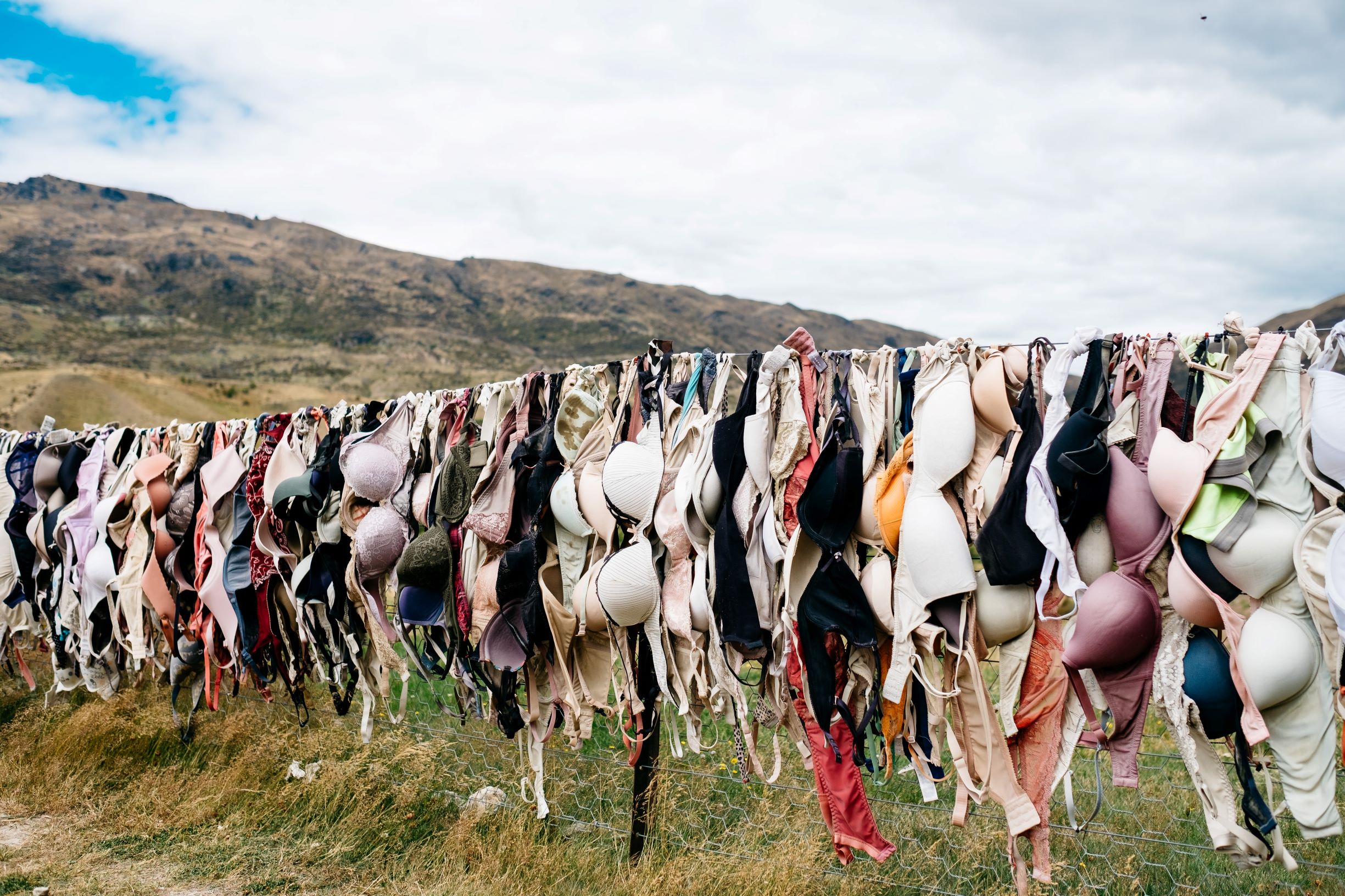Web content writer. Mother to a cat named Fatty and…
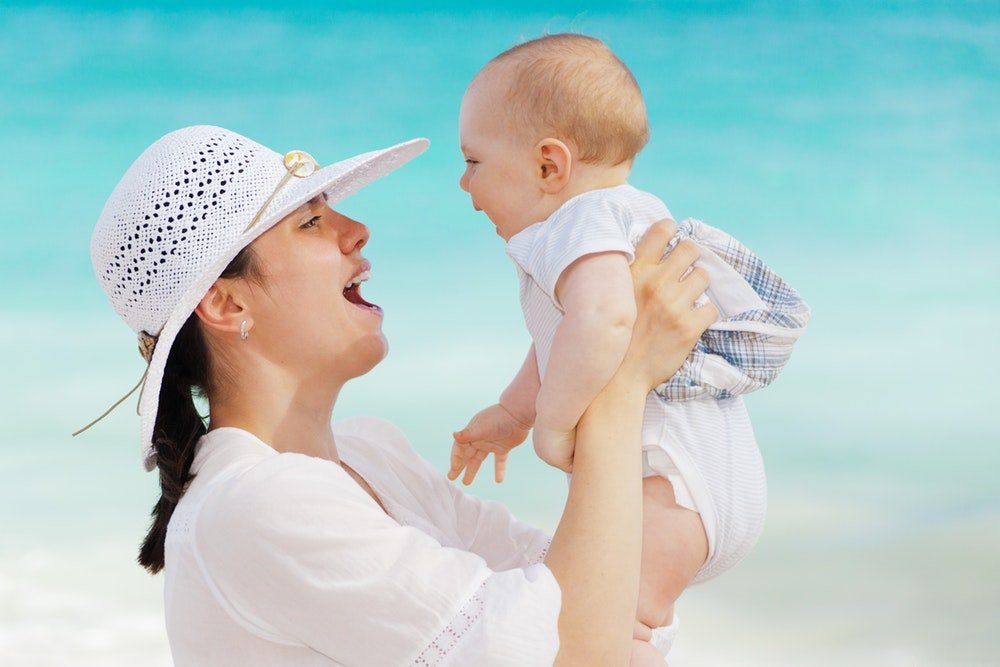
As if the internal and external pressure of meeting our career goals weren’t enough – we also have to deal with the anxiety of our ticking biological clocks.
As modern Filipinas, we’ve read countless articles or heard several stories of women over 35 having difficulties in conceiving a baby. Let’s not even get into the details of all the Titas – both related and non-related – who keep on advising us to have a baby soon, or else.
I’m lucky to be spared from nosey Titas pushing me to start a family soon, but I have PCOS. And I don’t see myself getting very rich soon.
As such, the state of my ovaries and lack of money for fertility treatments make me insecure about my ability to have a baby in the future.
So imagine my joy when I saw this Adam Ruins Everything video on the media’s fearmongering on pregnancy and fertility. In this four-minute skit, Adam Conover humorously explains how women don’t really have to rush into having a baby.
Adam clarifies that the study stating that women should have babies before 35 is faulty because it used data from a rural French census back in the 1600s – a time before fertility treatment, antibiotics, and modern medicine.
He then had Dr. Jean Twenge pop up in the video for a minute to share how modern data show that average women, aged 27 and are healthy have an 87 percent chance of getting pregnant within a year. Women who are 37, on the other hand, have an 82 percent chance.
Adam also allayed women’s fears about the higher chances of birth defects stating that there is only a 1% chance of birth defects for women over 35.
Adam continued to tell us that corporate America took advantage of women’s child birthing insecurity to make more money. The egg freezing industry, in particular, benefitted a lot from women’s panic by not making it known to the mainstream media that each frozen egg only has a 2-12 percent chance of being successfully fertilized into a baby.
The video then concluded with Adam saying, “Truth is . . . if you’re in good health, through your early 40s, you don’t really need to stress that much about fertility.”
Pretty amazing stuff, right?
After watching this video I was like, “Yey! I can still have babies much later!”
But there was also a nagging feeling that I had to look deeper into this.
And so I did.
Digging Beneath the Surface
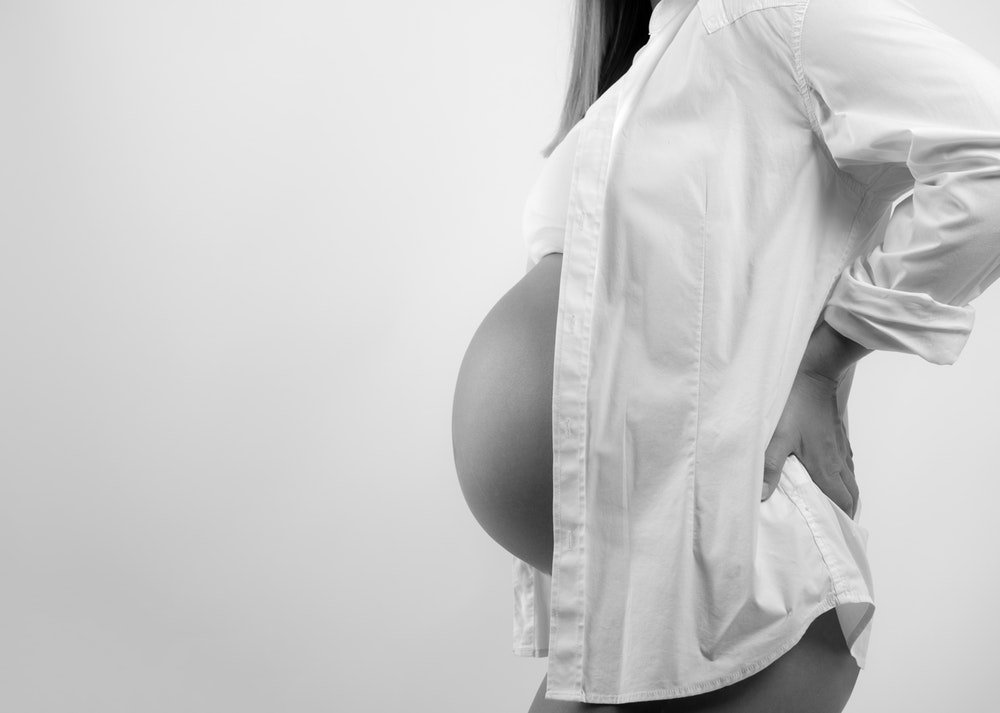
There are several points in the video that I looked into.
The first one is about the faulty Human Reproduction study. Although it is true that the study’s sample is outdated, the other facts presented in the video weren’t presented truthfully either. The characters’ lines were not false per se, but the delivery glossed over a few things.
When Dr. Tenge gave the statistics that 37-year-old women had an 82 percent chance of getting pregnant, they did not emphasize that a woman has to be healthy. The word “healthy” was mentioned, but with all the facts given, it was easily buried. And sadly, not all women meet this crucial requirement at 37.
(I’m 25 and many of my peers have hypertension or do not seek treatment for PCOS. I haven’t even gone back to my gynecologist yet because I don’t want to be poked and prodded anymore.)
The Adam Ruins Everything video also failed to say that there are so many studies on women’s fertility and their figures vary greatly. So if you want to sell the fear that it’s hard to have a baby after 35, you only need to choose a few studies. If you want to sell the optimism that it’s OK to have babies after 35, simply choose a different set of studies.
Clair Cohen of the Telegraph UK even lists several of the most famous “crazy, conflicting fertility advice” on when women should start having babies.
Frustrating, right?
Another thing that bothered me about the Adam Ruins Everything video is how Adam lightly stated, “Miscarriages may be more common, but the chances of having a baby with a birth defect only double from 0.5% to 1%.” And the woman in the video replied, “That’s like nothing.”
My skin crawled to see how they shrugged off miscarriages — like they never met a couple who struggled to have a baby and whose hearts were broken from having a miscarriage.
What’s the Takeaway?
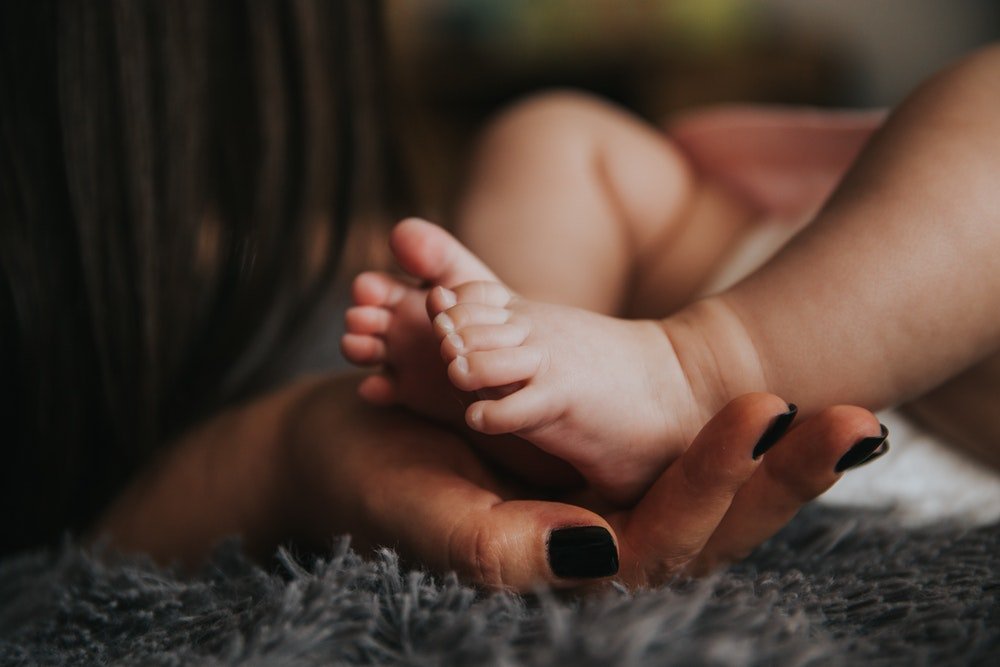
So what’s the bottom line here?
I started my research thinking that I’d be writing something very optimistic, but I owe it to all the women to be as honest as possible. And although I did not want you to go through the emotional rollercoaster that I went through, I wanted you to pick up insights of your own before I give mine.
It’s important to doublecheck information we encounter (especially these days), but sometimes, when we get excited about how something reinforces what we want, we just take it at face value. I don’t want to create more mistrust in the fake news era, but as with anything, we owe it to ourselves to look for whatever is nearest the truth, so we can act accordingly.
I do appreciate Adam Ruins Everything’s intention to shed light on how some media outlets ultimately just want to sell stories and how some health businesses want to make more money. But as an outlet that claims to debunk misconceptions, I would’ve appreciated the content more if it was objective and if the comedy element did not gloss over important matters.
I’m glad to say, however, that I have found articles that are optimistic but realistic about having kids after 35. This Mayo Health Clinic article, for example, gives all the risks an older mother may face (without being too scary) and also explains how healthy choices ensure a healthy pregnancy.
This Healthline article’s tone is all business, but it shares in a straightforward manner how women can still have babies after menopause. The article clearly states that pregnancy is not as simple as before and is not free of risk, but it does not scare anyone into committing any action.
My Last Personal Thoughts
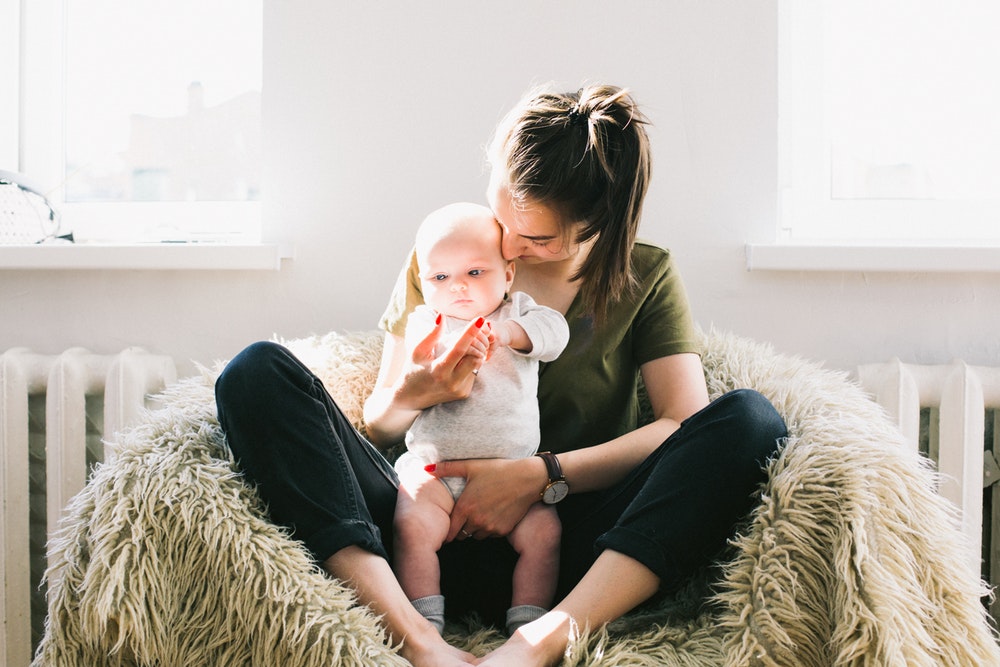
After everything I’ve watched and read for this story, I do feel fairly optimistic about having kids later on. It is a huge challenge to make sure I’m healthy when I reach my late 30s or 40s, but I feel less insecure and less pressured to have a baby soon.
Since it’s in my family’s genes to have menopause in their 50s, I think I have some time.
If you want to do something similar, then we have a lot of work ahead. We have to be aware of our body’s current state and work toward getting into a better shape. This involves working closely with doctors, getting annual physical tests, eating the right diet for our body, exercising, and so on.
I know this sounds overwhelming, but it will all be worth it once you see the fruits of your labor.
What's Your Reaction?
Web content writer. Mother to a cat named Fatty and a basil named Herby. Dreams of going off the grid and running an animal shelter with her wife.

